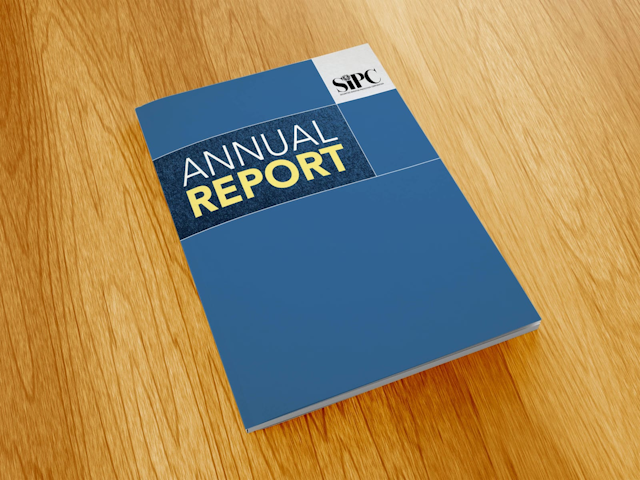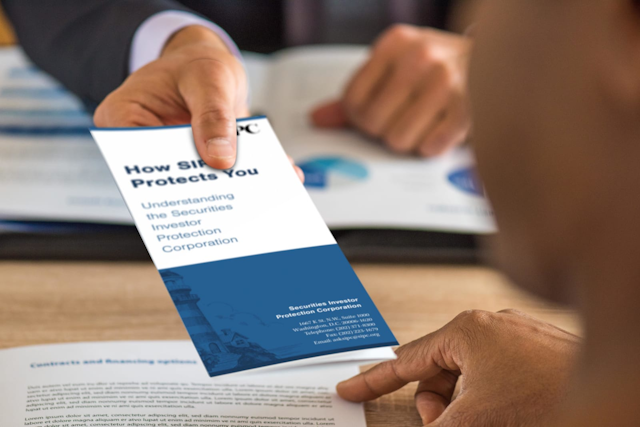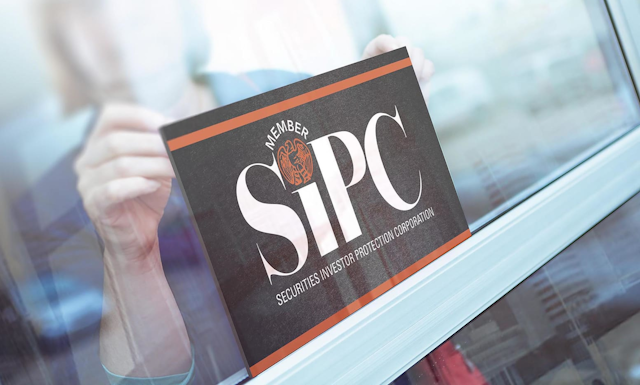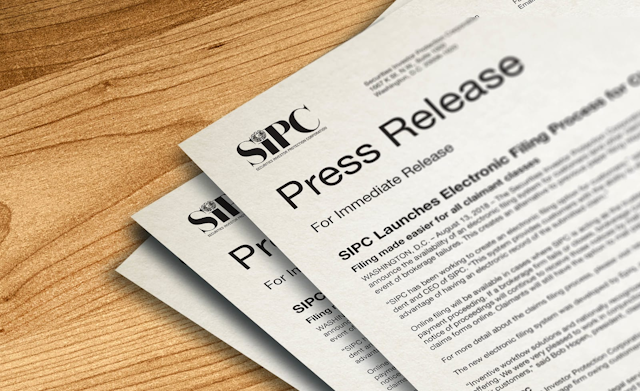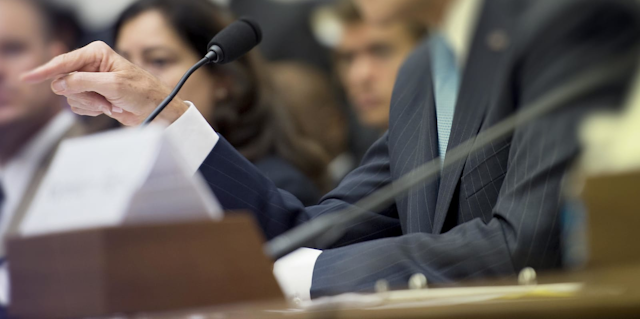NEW YORK CITY & WASHINGTON, D.C. -- May 14, 2009 -- Even as forensic accountants and lawyers continue to untangle what is believed to be the most complicated and far-reaching financial fraud in U.S. history, a total of $61,409,834.50 of Securities Investor Protection Corporation (SIPC) funds already has been committed in determination letters sent to 125 claimants in the Securities Investor Protection Act (SIPA) liquidation proceeding for Bernard L. Madoff Investment Securities LLC (BLMIS), according to Irving H. Picard, the court-appointed trustee, and SIPC President Stephen Harbeck.
In a briefing today for reporters, Picard and Harbeck said that the commitment of SIPC funds is expected to reach or exceed the $100 million level by Memorial Day. As of yesterday, a total of 8,848 customer claims have so far been filed in connection with 3,565 customer accounts at BLMIS. SIPC maintains a special reserve fund authorized by Congress to help investors at failed brokerage firms.
Picard and Harbeck emphasized that forensic accounting experts and legal teams are working as quickly as possible to catalog all of the far-reaching aspects of the BLMIS investment fraud scheme, recover all available assets and make payments to investors, as provided for under the terms of SIPA.
In addition to the payments now either made or in the works, Picard and Harbeck highlighted the following recent developments:
SIPC President Harbeck said: “This is an unprecedented undertaking, but I believe that we can now say that we are at ‘the end of the beginning’ in this incredibly complicated case. Since its inception, SIPC has commenced 322 proceedings. Cash and securities totaling approximately $160 billion dollars have been distributed to customers in those proceedings. Of that amount, approximately $159.7 billion came from the debtors' estates and $323.8 million came from the SIPC Fund. As these numbers make clear, much of the work done by every trustee and his or her counsel is identifying and gathering the assets of the member and distributing them in a fair and equitable way to all customers of the failed brokerage.”
BLMIS Trustee Irving H. Picard said: “As the largest and most complex securities fraud in history, BLMIS presents many unique difficulties rarely encountered in the typical failure of a broker or dealer. Due to the fact that every customer statement was a fiction, the first task was to reconstruct the books and records of BLMIS from scratch. This entails reconstructing every customer account from the ground up using BLMIS records, bank statements, emails, records from third parties as well as documents received from customers through the customer claims process. This has been and continues to be an enormously time consuming endeavor.”
Picard added: “I have a statutory duty to treat fairly all BLMIS customers and part of that duty requires pulling together the largest possible fund of customer property from which to make payments. This includes the duty to investigate, and, where appropriate, go to court to recover from persons or entities who received more than their share. In actual fact, persons who are subject to these recovery efforts actually received money stolen from others. Congress specifically requires that these funds must be returned so that all customers share equally.”
Picard added: “I cannot listen only to the pleas of those investors who are demanding preferential consideration in this process. The Trustee has been urged by some, but certainly not all, claimants to use the last monthly statement issued by BLMIS as the basis for his determination of customer claims. To do so would benefit longer-term customers at the expense of shorter term customers. It would allow a certain favored few who received compounded annual returns at substantially higher rates than other customers to also benefit. This would in effect allow Bernie Madoff to determine which entities would get a larger proportion of customer property. This would do extreme prejudice to persons who put cash into the scheme relatively recently. That may be fine for those investors who would benefit disproportionately from such an approach, but it is not what fairness and Congress dictate in this situation.”
Picard and Harbeck also sought to dispel incorrect information surrounding the BLMIS liquidation proceeding:







